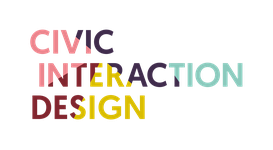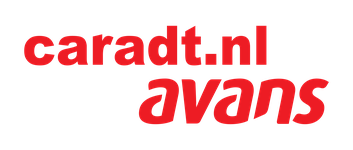More and more citizens are coming together to share and manage their resources collectively. When new commons communities emerge, they face a remarkable challenge: deciding on a means to make decisions together. But how to choose a means of collective decision-making that reflects the community’s values, as well as the broader principles of the commons? Which procedures and tools are out there? What are the benefits (and drawbacks) of different decentralised methods like holacracy and quadratic voting? How are communities figuring out which ones suit them best and rolling them out in practical situations? Join us in a roundtable conversation with members of two co-housing initiatives, the Community Land Trust H-buurt and De Warren, as well as researchers and community-building professionals to explore different perspectives on this challenge. Join us for a closer look at the affordances of different ways of making collective decisions.




About the programme
This event is part of the project Charging the Commons, a 2-year research project developed by AUAS – Lectorate Civic Interaction Design, in collaboration with Avans Centre of Applied Research for Art, Design and Technology (Caradt). Charging the Commons explores how a Situated-design approach can be employed to articulate the (social) values of resource communities. The project also examines how these values can be translated into designs for the management of an urban commons, using digital technologies. To learn more about Charging the Commons and its research outputs, visit chargingthecommons.nl
Project Partners: Space & Matter, Crowd-Building, Metabolic, Dark Matter Labs, De Warren, Stipo, Digital Design Agencies, Dutch Blockchain Coalition, Commons Network, Pakhuis de Zwijger, ThingsCon, Waag, Het Nieuwe Instituut, PBL.








